Brooklyn Tech is a school of champions. Our teams have filled the hallways with countless banners, medals, and shelves overflowing with trophies. However, in a school of over 6,000 students, only a select few can partake in its competitive activities. Across Public School Athletic League (PSAL) sports and academic teams, there are often multistage tryout processes with spots for only a fraction of those interested. Tech must strive to find a better balance between highly interested students and the highly competitive focus of its teams.
At Tech, athletic opportunities are very limited. Last year, only about 55% of the 1,200 students who tried out for PSAL teams made the cut. In a public school, this becomes an equity issue. According to US News and World Report, 59% of Brooklyn Tech students qualify as low-income, putting private sports leagues that can cost thousands of dollars per season out of reach for most students, and making Tech’s PSAL teams their only option. More often than not, students with previous experience on costly private teams are the ones who can participate at Tech.
Social Science Research major Matt Feldman (‘25) believes that the issue is not a lack of teams and opportunities, but rather their highly selective nature. “There are tons of activities…I just feel like sometimes kids don’t get a fair chance, especially when there are a lot of kids and they don’t have a lot of shots to show off what they can do,” Feldman explained. Additionally, he suggested that the competition at Tech is greater than at other public schools because of the larger pool of interested students.
Tech’s Junior Varsity (JV) Girls Volleyball team exemplifies how selectivity limits the number of available team spots at Tech. The coach, Mr. David Whitman, explained that, even at the lower level, “the team is kept small and experienced to prevent injury and students who sit on the bench all season.”
Of the 127 students who tried out for the team, only 10 made the final roster— all with extensive prior experience. “The JV team is not a place to learn to play volleyball,” said Mr. Whitman. However, JV teams should also be a free opportunity for students to explore a new passion. Unfortunately, the JV team and Varsity team remain inaccessible to over 90% of students who try out.
Monica McShane (‘26 ) tried out for JV Volleyball and found the experience dispiriting. “I don’t think it was fair to play under that amount of pressure,” McShane explained. “Even the best player in the room would have slipped up.” As a sophomore, the tryout was her last chance to get on JV before the more competitive Varsity team became her only option. “I tried out for JV Volleyball for a chance to have fun and make friends, not to feel like my life depended on the next move,” she said.
McShane is just one of many students who, after not making competitive teams, did not know where to turn next. While she wants to pursue her passion for volleyball, she will not be trying out for a team outside of school because she feels the commute to practices and games would be too time-consuming.
Tech’s academic teams experience many of the same challenges, as tryout opportunities are a ticking clock. Mr. James Bathurst, the coach of the Debate Team, explained that it is very difficult to get a spot on the team after sophomore year. “I can count on one hand the number of successful 11th graders,” he said, adding that only one had been accepted in the last four years.
Debate students’ schedule conflicts can prevent them from attending frequent beginner practices and not taking full advantage of the extensive resources required to train new debaters. “When we accept someone on the team we think of it in terms of a career,” explained Mr. Bathurst. Since upperclassmen would only be debating for one or two years, their contribution to the team would not be weighed the same as freshmen who could debate for all four.
At Tech, a STEM-based school, the robotics team, TechKnights, is one of the most sought-after, and exclusive, student activities. Each year, the team receives 100-200 applicants and narrows it down through a three-step tryout. The first two days of the tryout process are small group activities that show the collaborative and problem-solving qualities of prospective students. The final step is more individualized, as returning members of the team interview new applicants one-on-one.
Willem Long, a member of the Mechanical Robotics Division, explained what the team looks for in a candidate. “We want members to be quick learners and ones we can teach,” he said. “Being ‘teachable’ is imperative, as we only have two months before our main season to learn how to design, build, code, and test a fully working competition robot.” After an extensive and balanced evaluation of each person’s abilities, the team only accepts 20-25 of the 100-200 who applied.
Some teams are working to strike a balance between competition and equity. For Mr. Joseph Nardiello, the coach of the Boys Varsity Baseball team, player development comes first. “My concept is community-based in a way, as I want to encourage students to come out and to meet many others that are interested in the sport,” he explained. “Tech has 6,000 students, and for freshmen, it can be daunting.”
Part of the baseball team tryouts is a “club season” from October to March, during which anyone is welcome and can receive the same coaching, conditioning, and experience as any official player. During this time, Nardiello evaluates prospective players based not only on skill but also on their commitment and desire to learn. “Players who didn’t think they’d make the team or play a role, can,” he said.
Nardiello acknowledged the competitive environment of PSAL sports and still has to make hard cuts at the end of the club season. With only 9 players on the field at a time, he feels it would be unfair to accept more players than would realistically be able to play throughout the season. “Ultimately, my focus is to build a winning program,” he admitted.
For the most part, coaches lack the time, space, and resources to promote equity and expand access to their teams.
Although Mr. Whitman would like to have a large team, it is logistically impossible. Both the indoor spaces required for his volleyball practices and the outdoor ones for other sports are shared by multiple teams. During the fall season, there are four teams crammed onto Tech Field. “If we had bigger facilities, a dedicated gym just for volleyball, or unlimited staffing of course there would be more teams,” Whitman commented.
Anthony Cicolini, the school’s athletic director, noted that while coaches generally follow PSAL guidelines, such as each student’s fundamental right to a tryout, they are flexible and can be adapted to fit the needs of individual schools. Citywide, the new PSAL Access For All Program allows students whose schools do not have sports teams to try out for teams at other schools. The right to a tryout, however, does not address the competition for the limited spots.
Academic teams are also short on solutions to extend opportunities to more students; a point Mr. Bathurst conceded, even as he seeks an equitable balance for the debate team, “I haven’t found the ideal [tryout] process yet; it is constantly under review,” he said.
Although coaches and team leaders acknowledge that inequities exist, the discouraging nature of competition that stems from a lack of roster space persists within Tech. As a public school praised for its opportunities, Tech owes it to its students to work to lessen the gap between interest and participation.

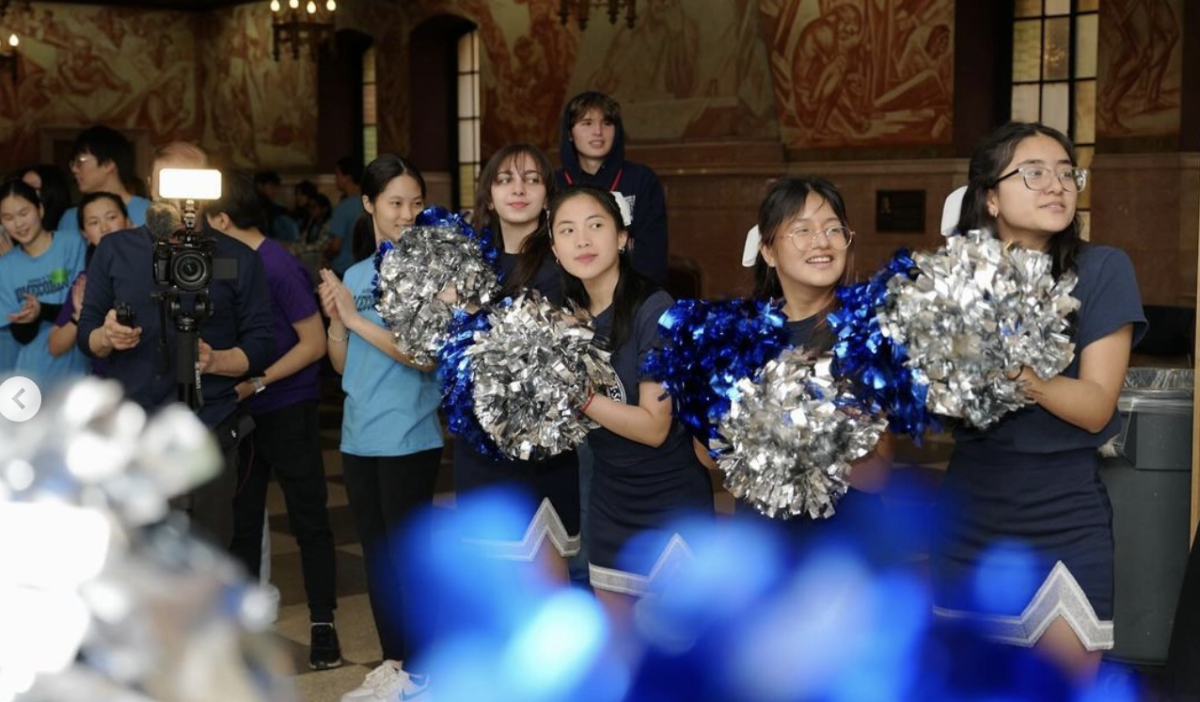
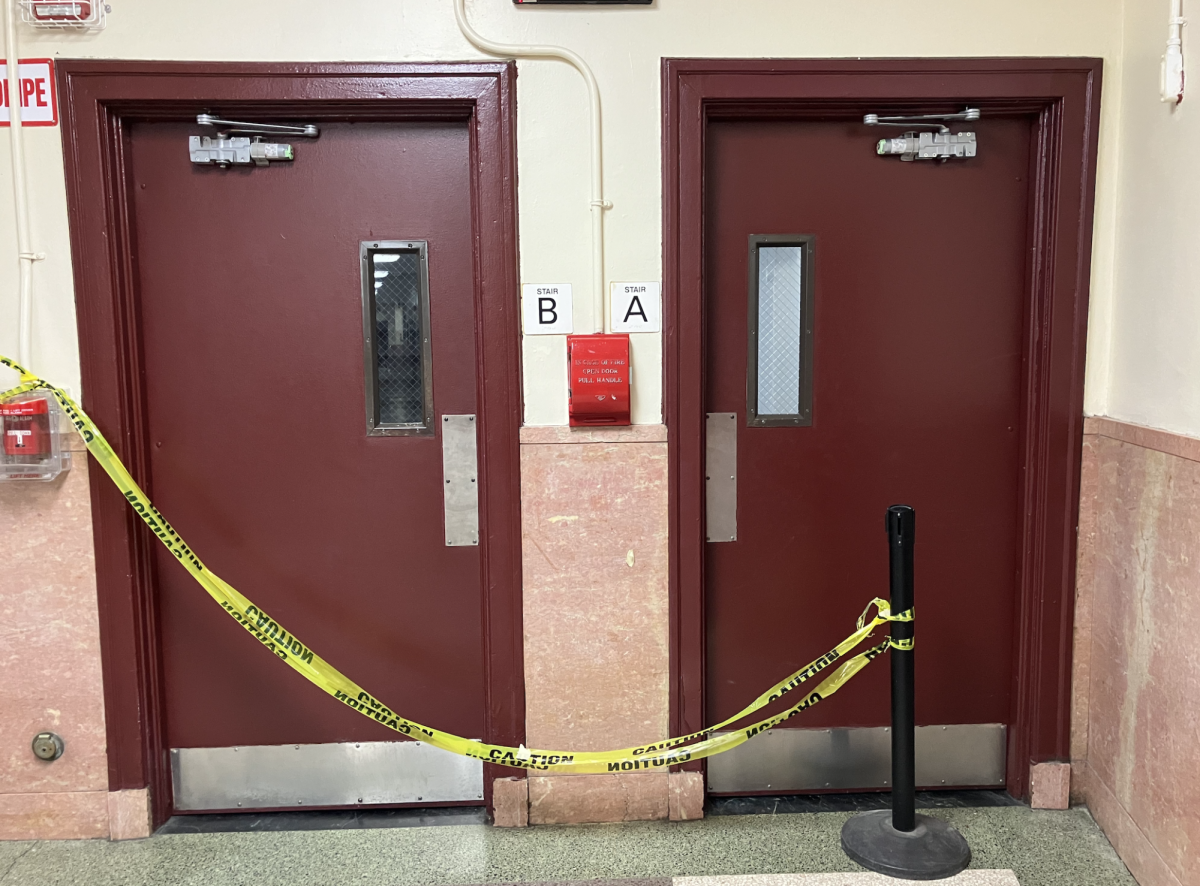
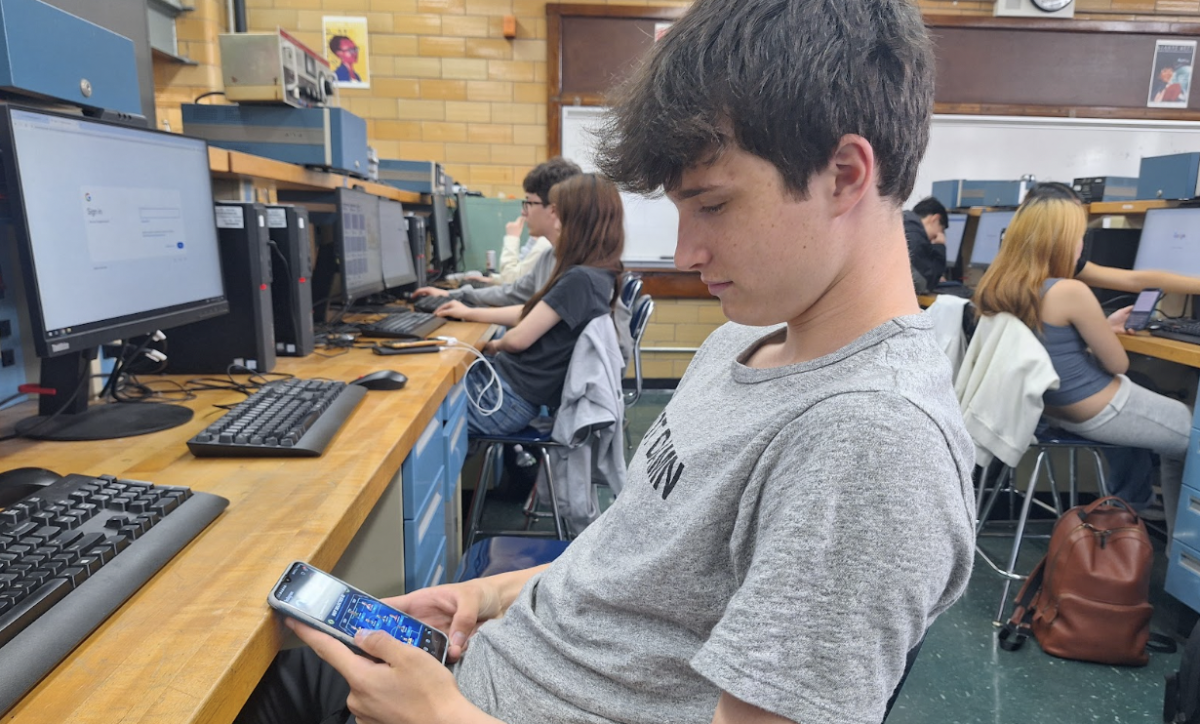
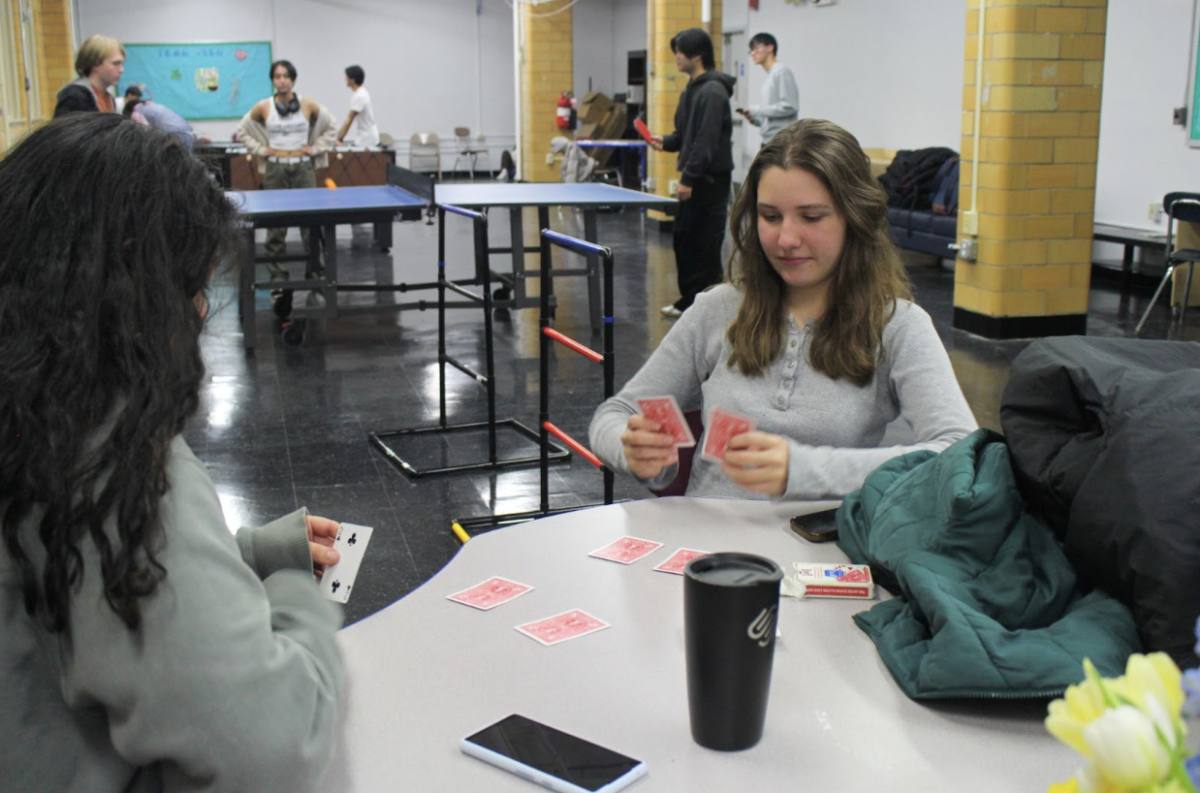
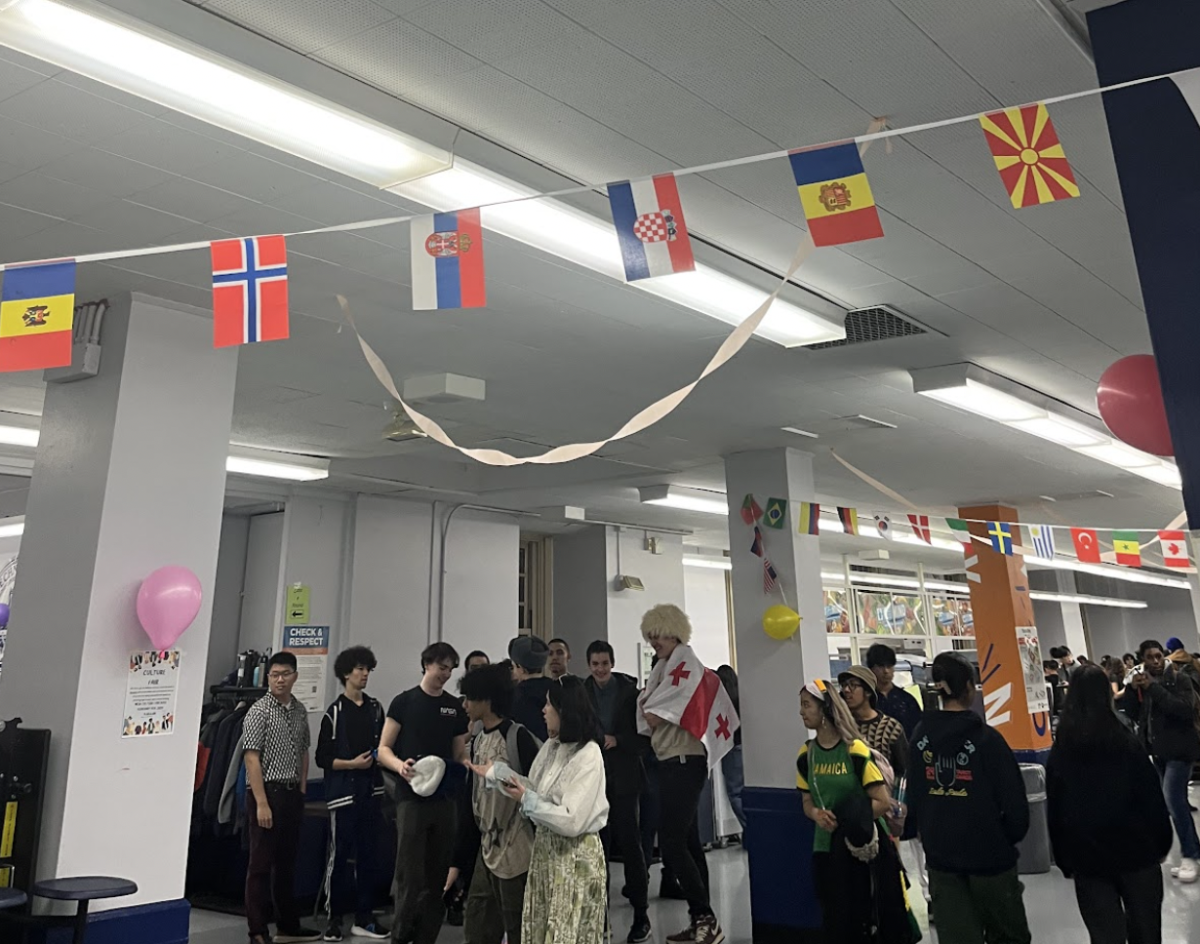

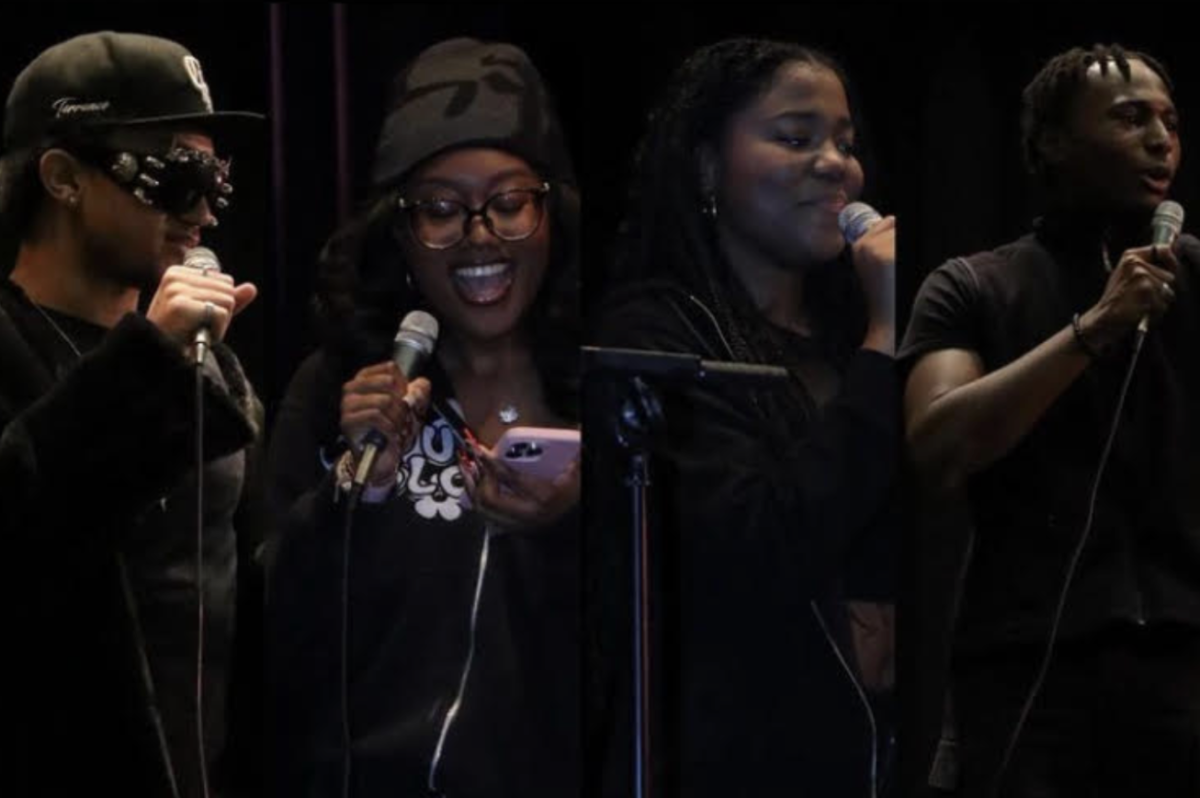
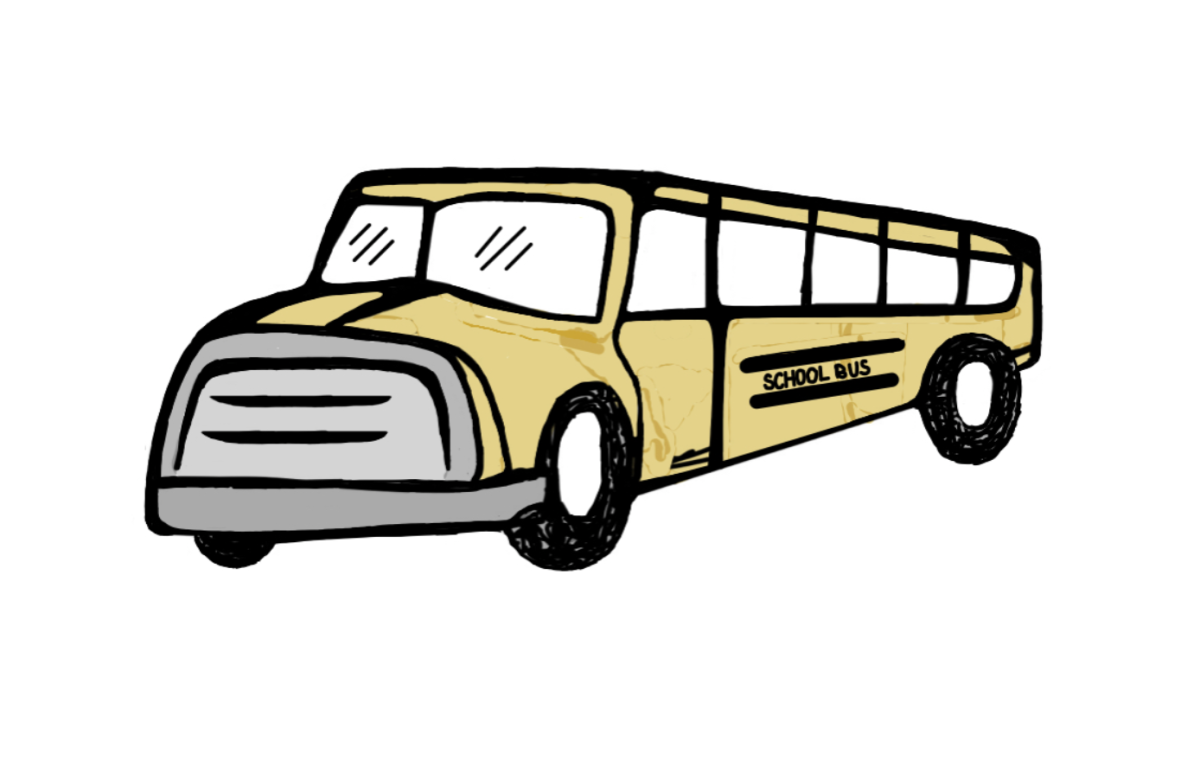
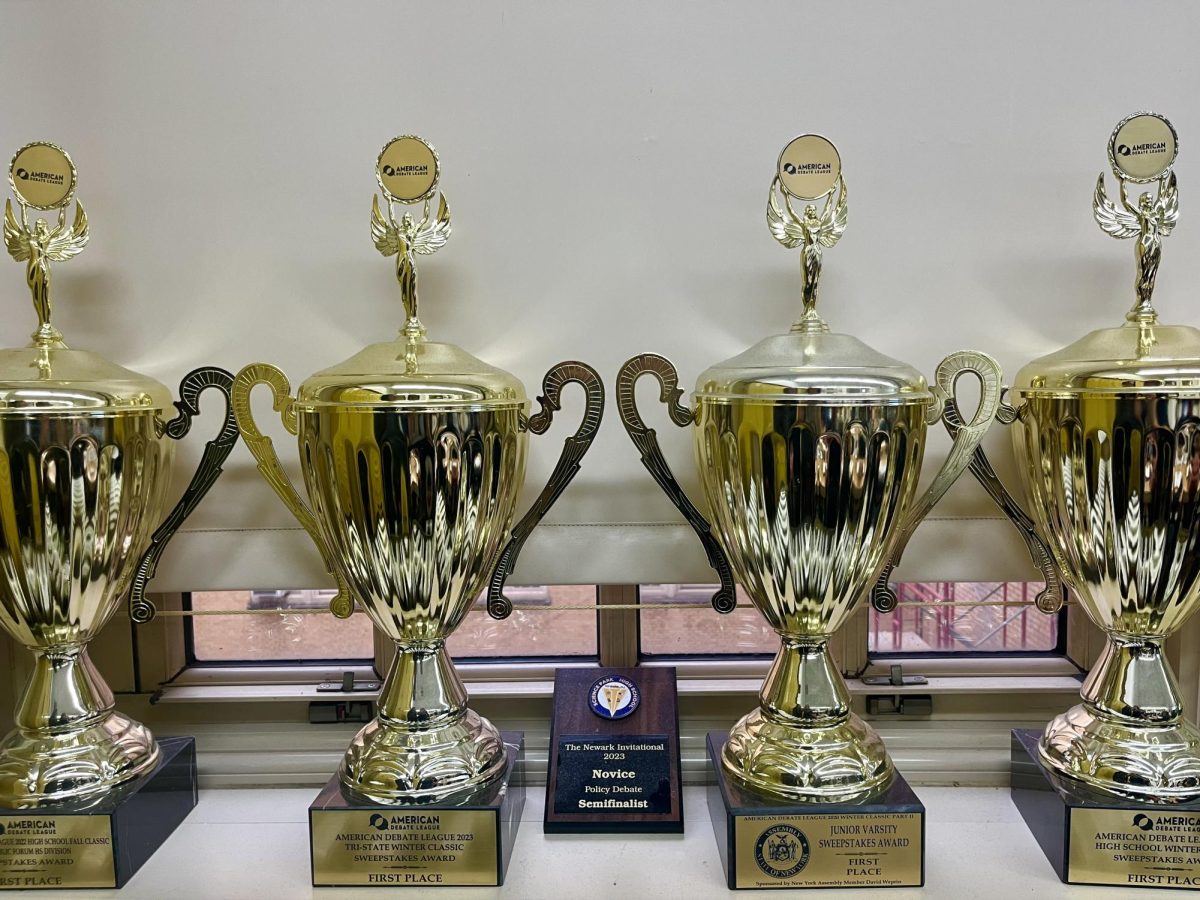
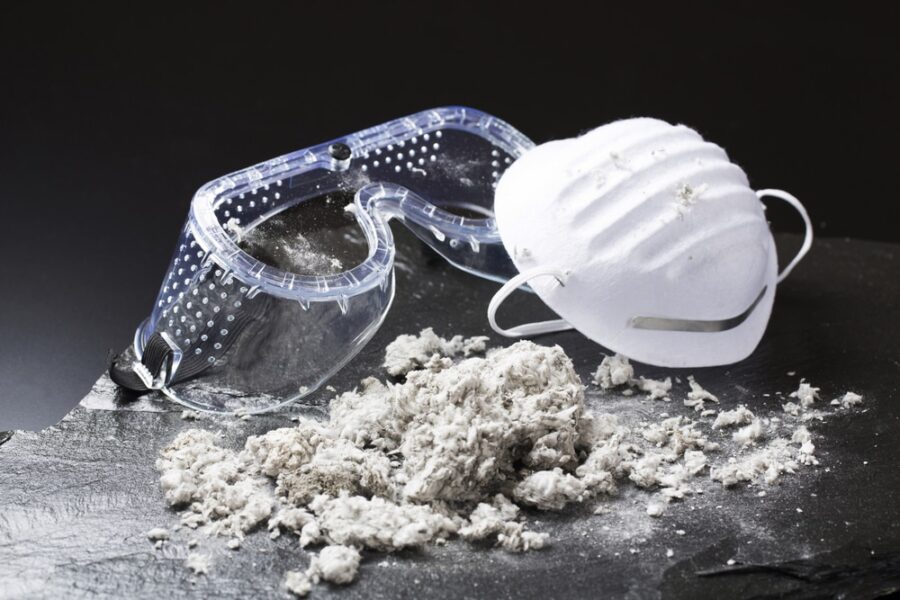
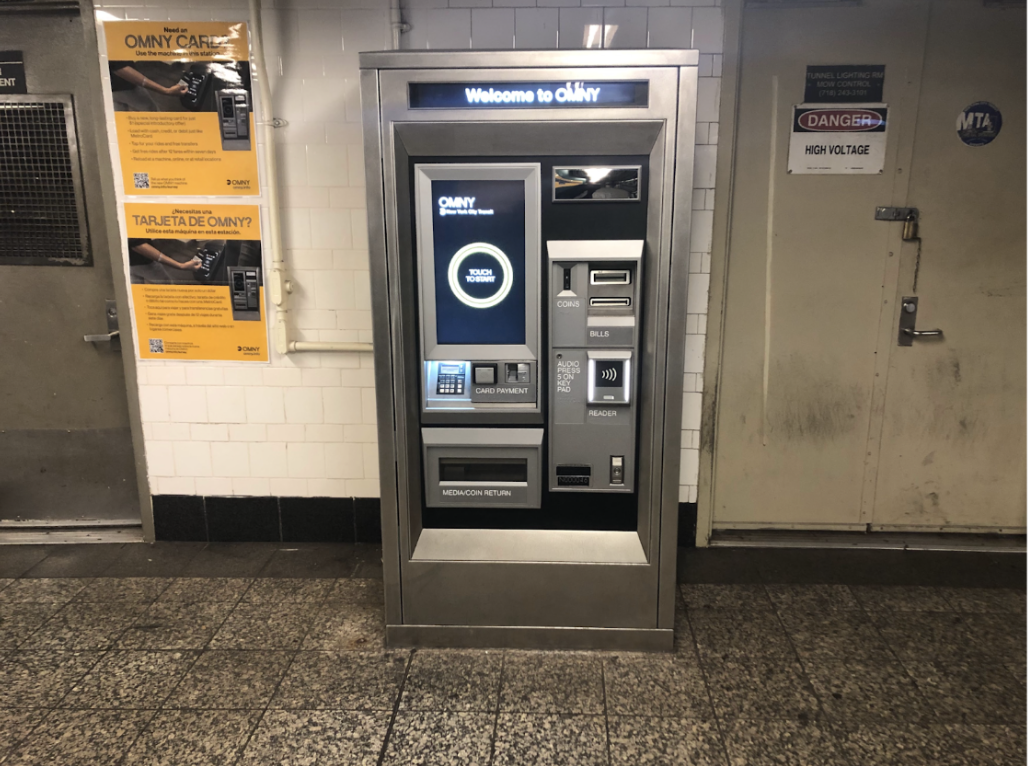
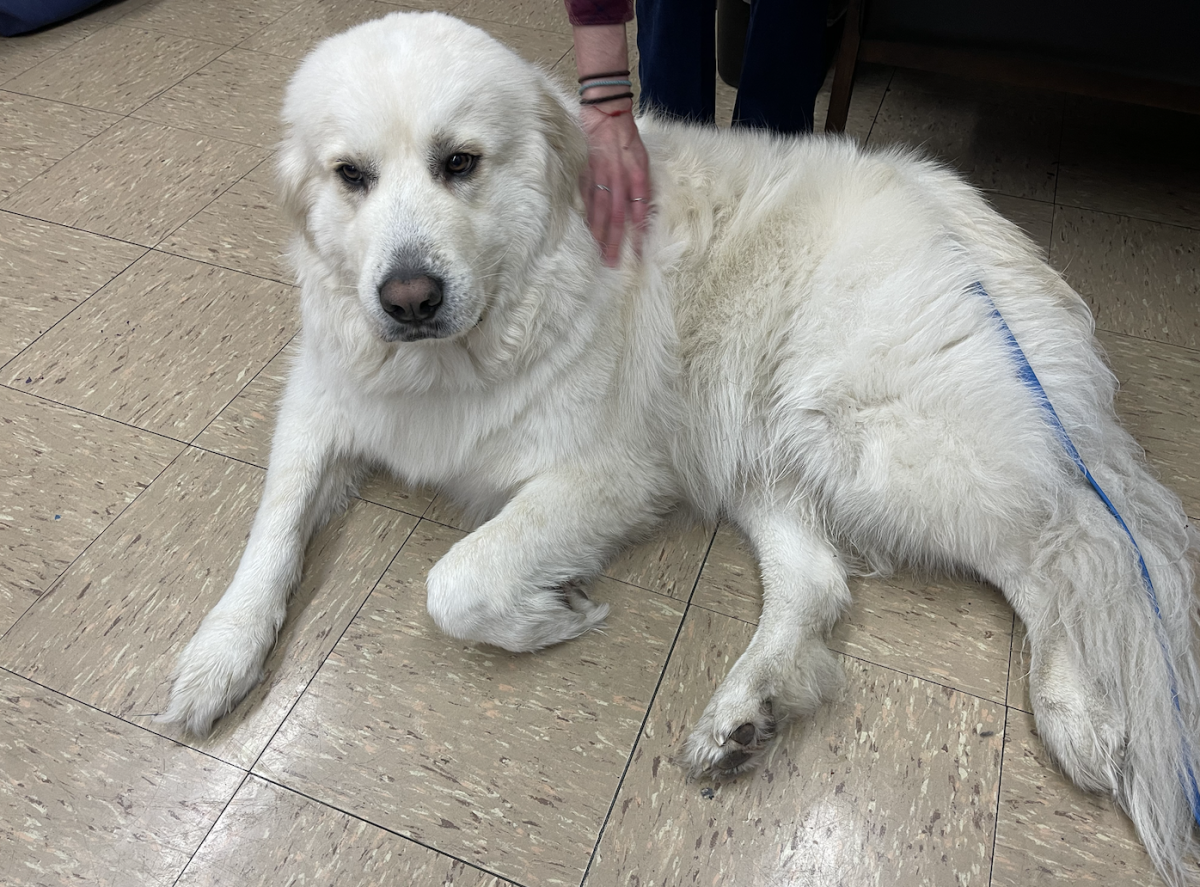
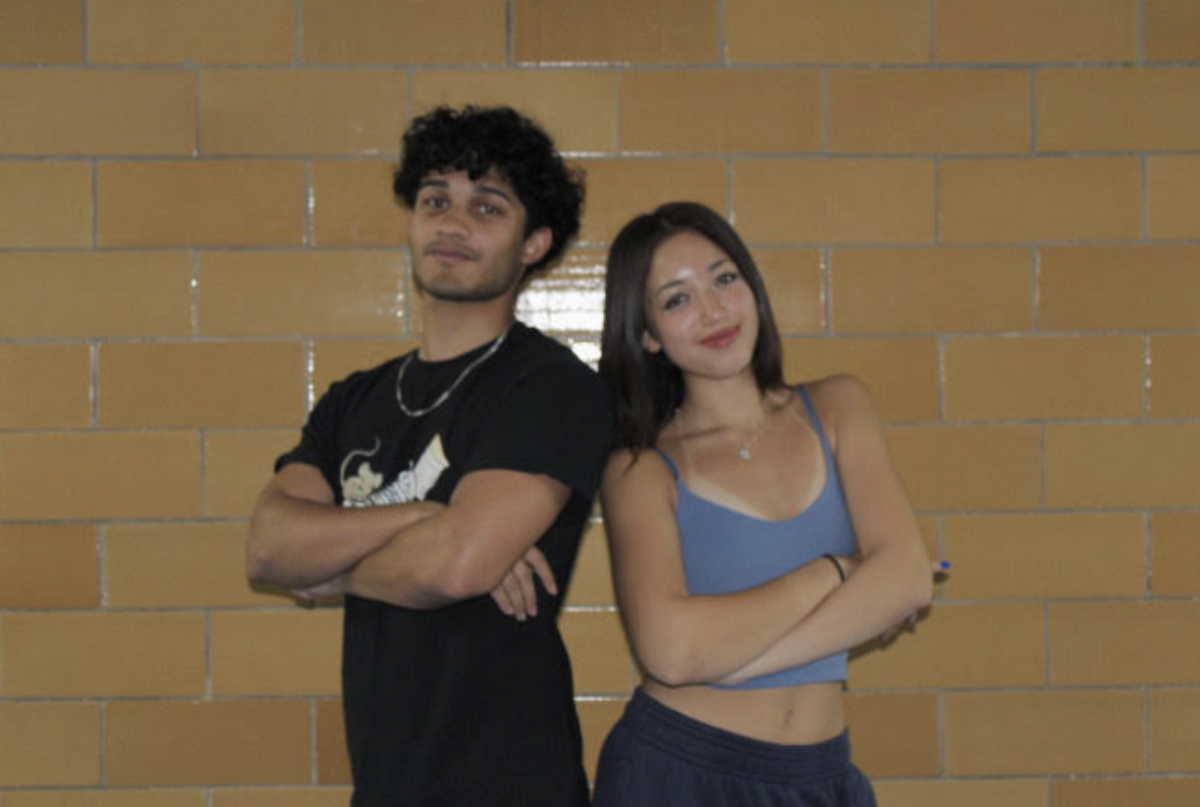

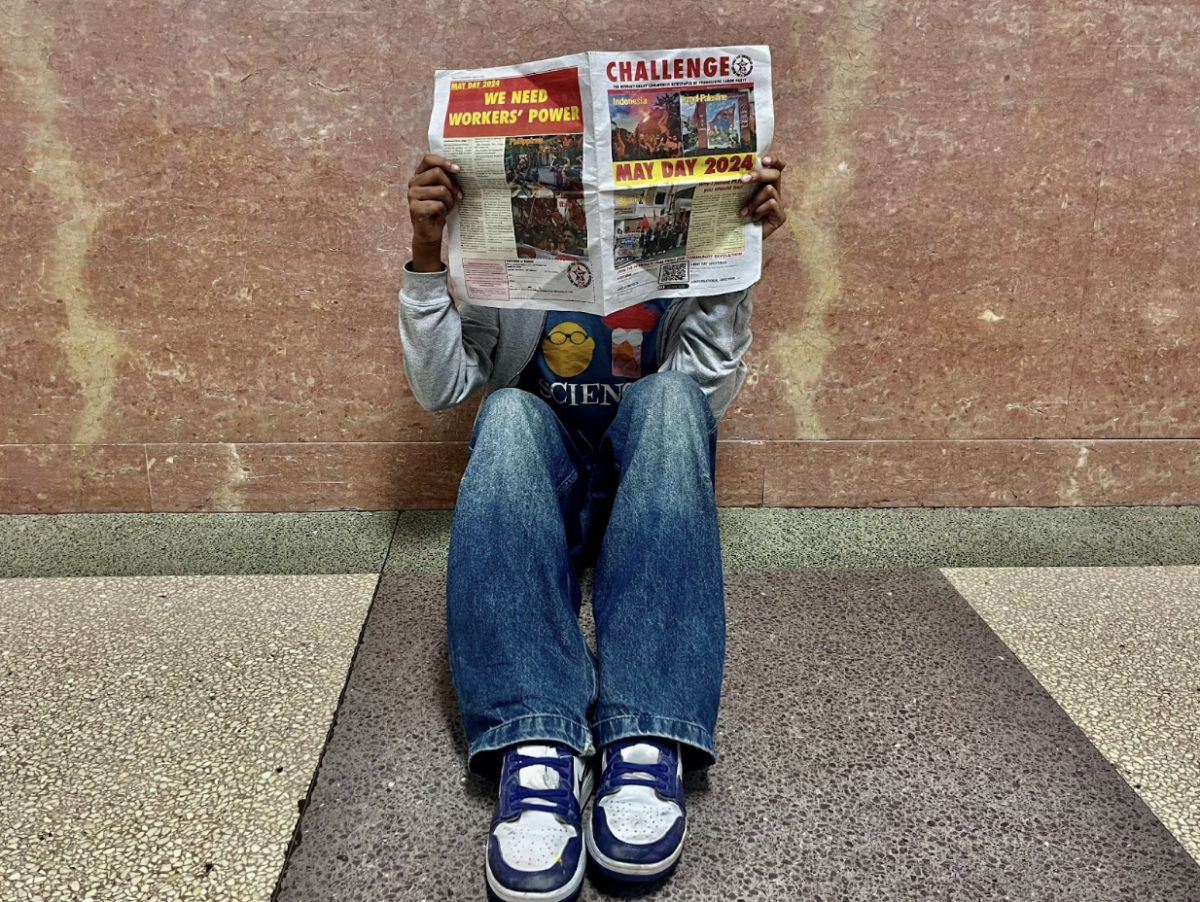


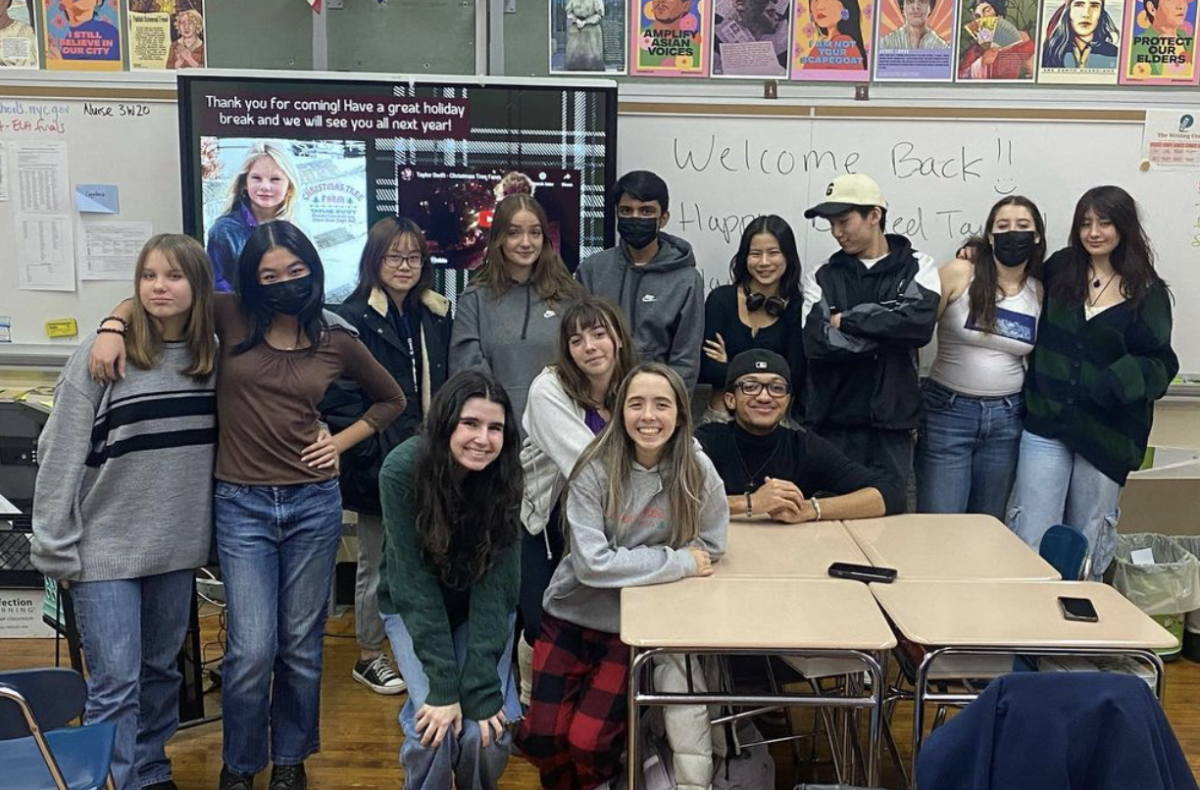
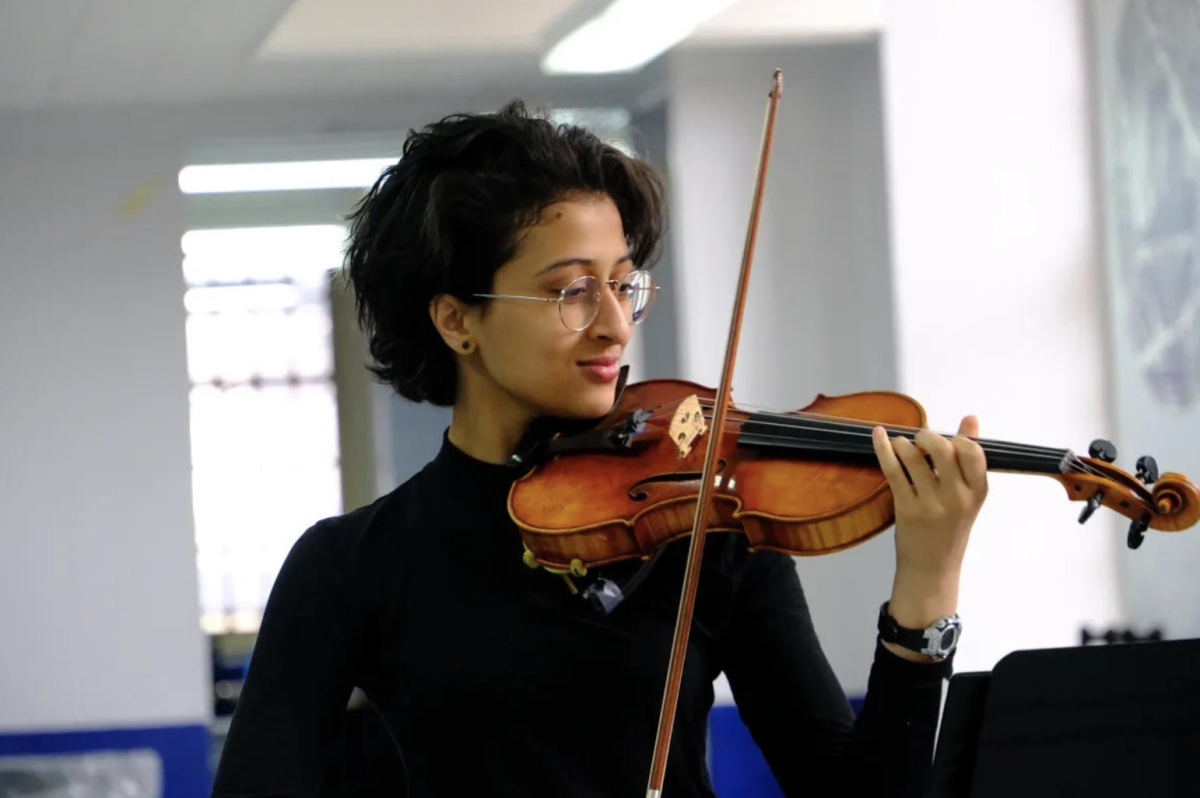
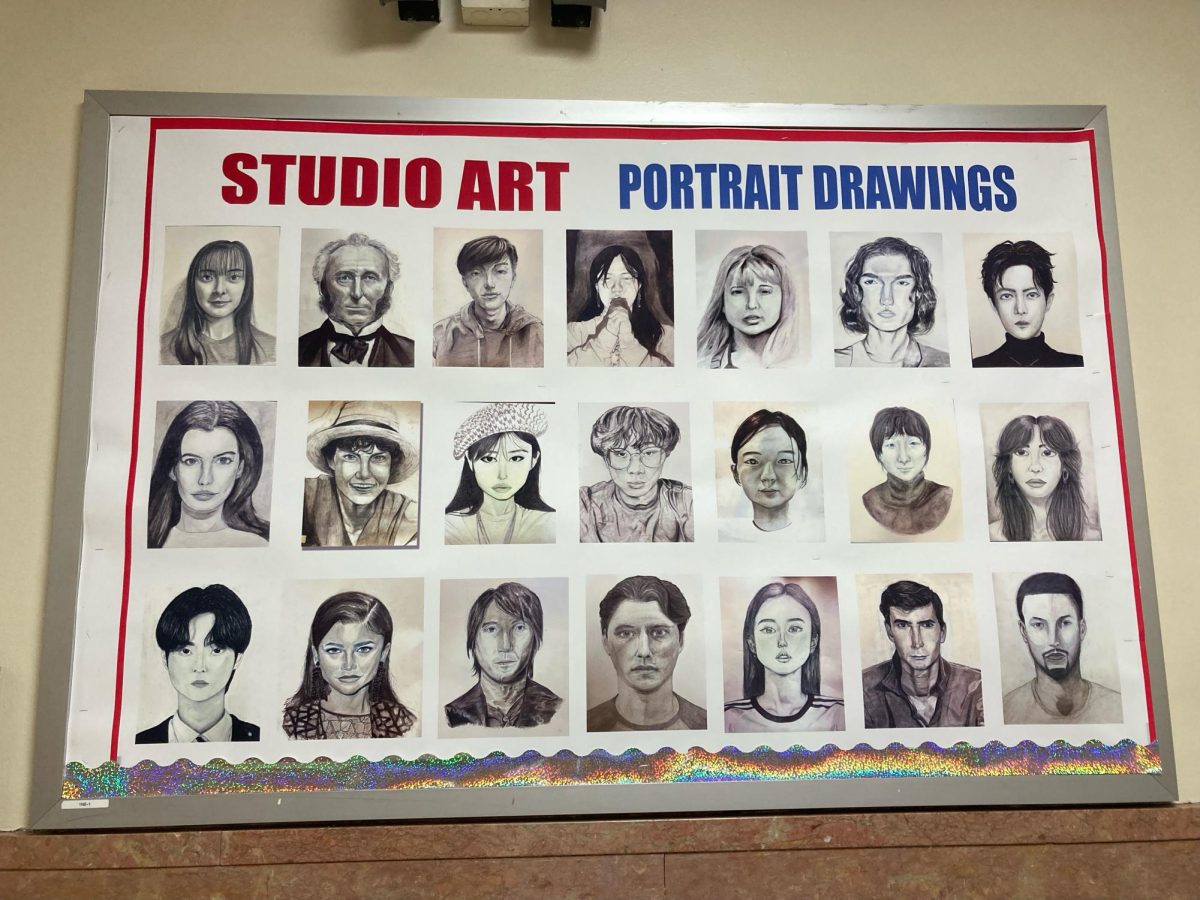
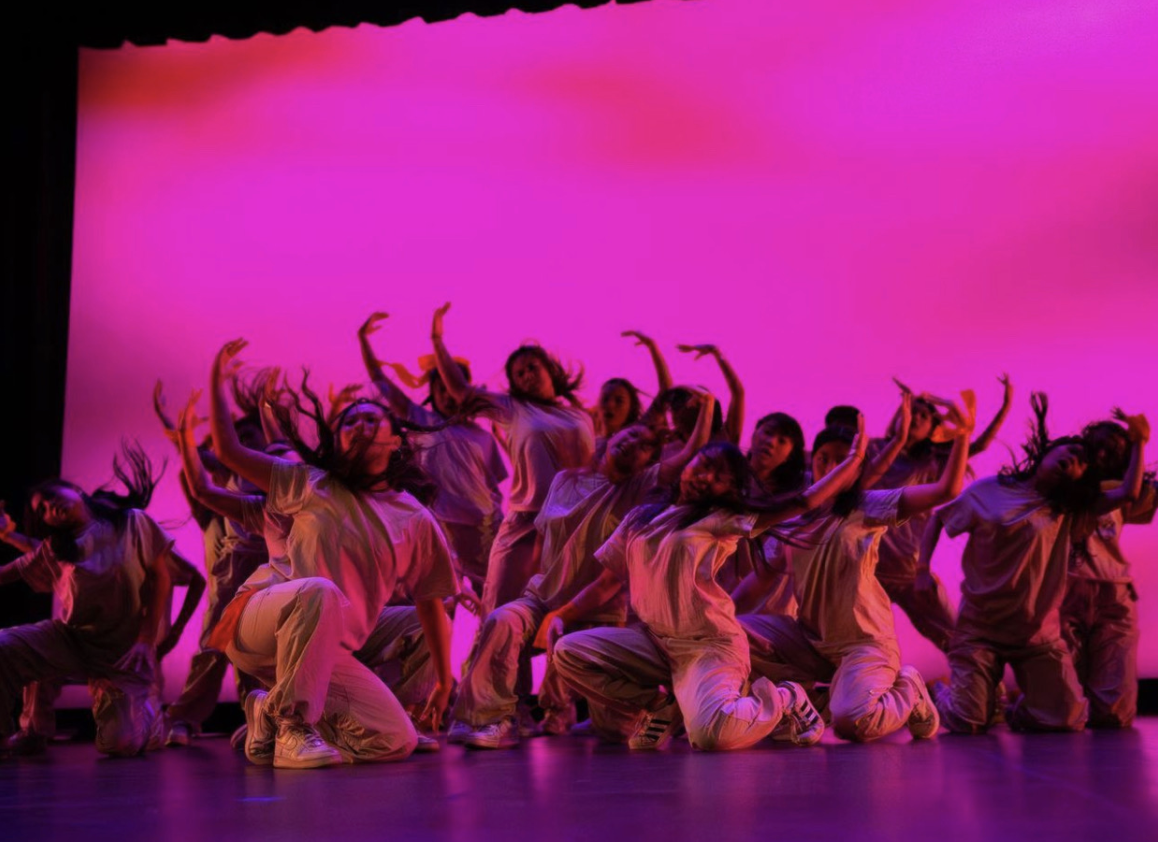


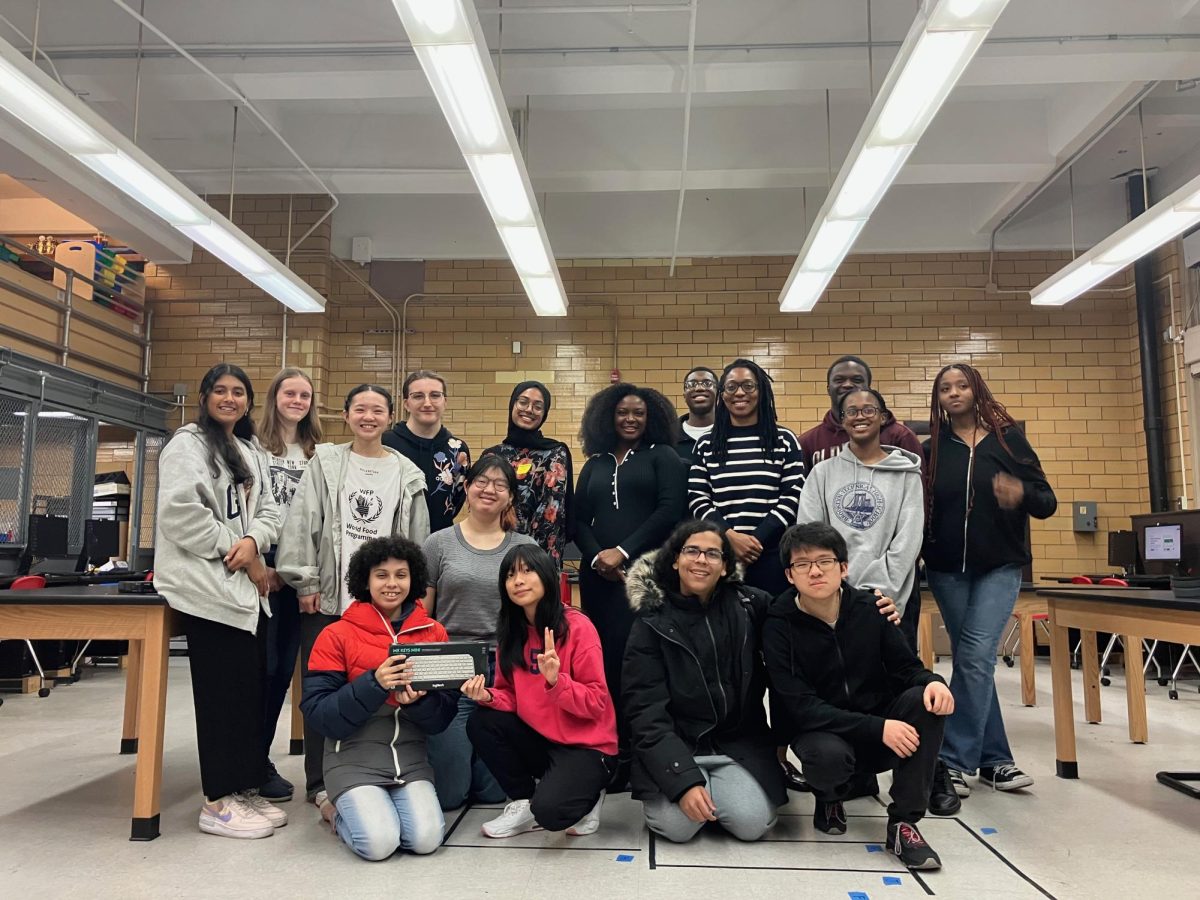

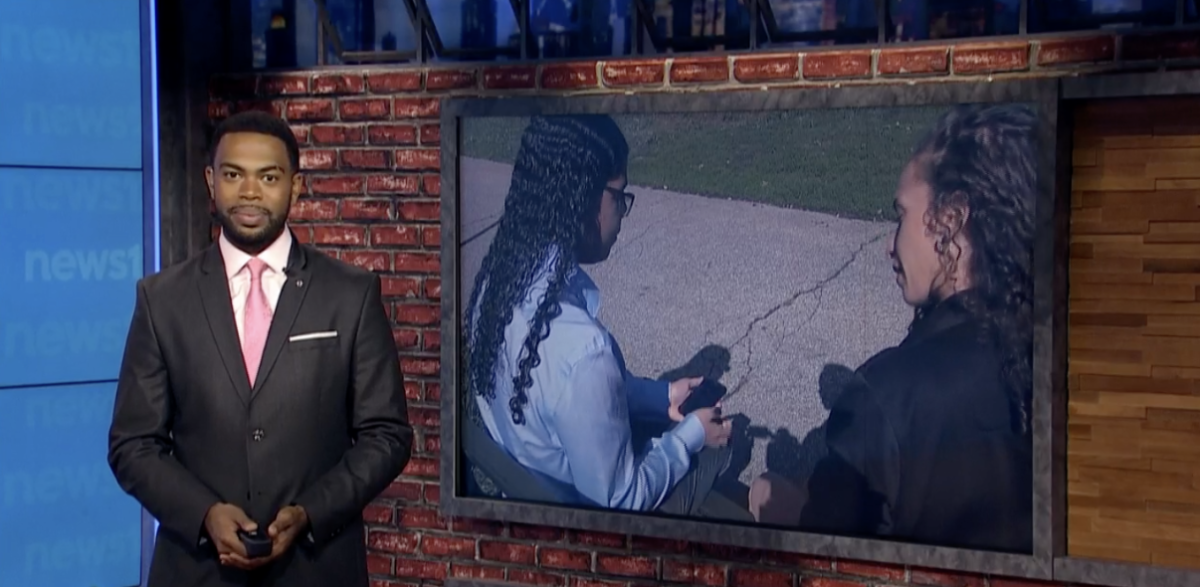
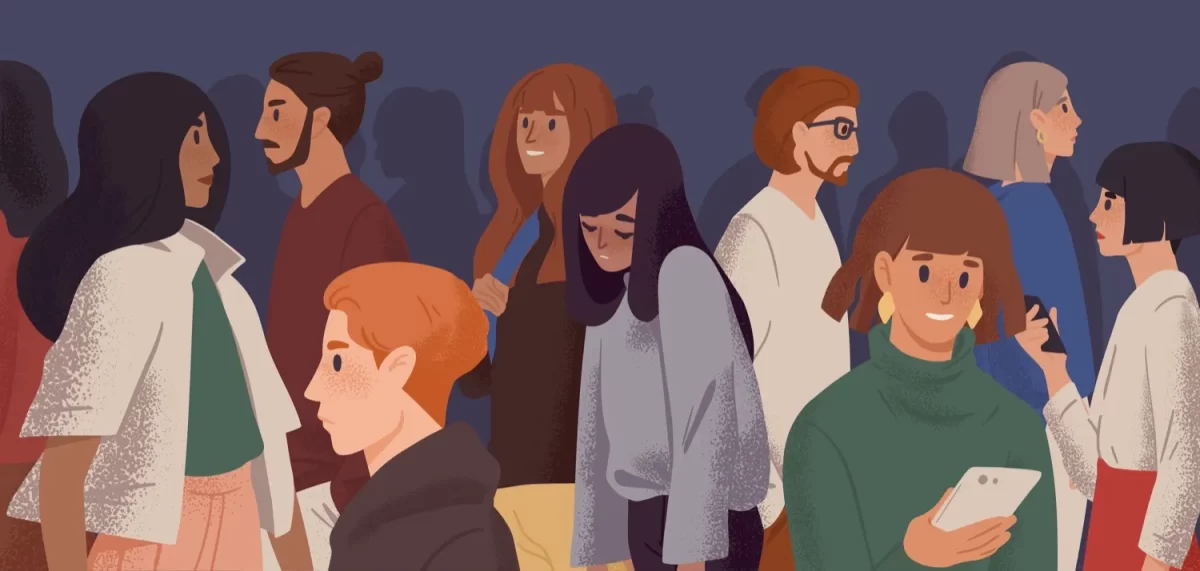

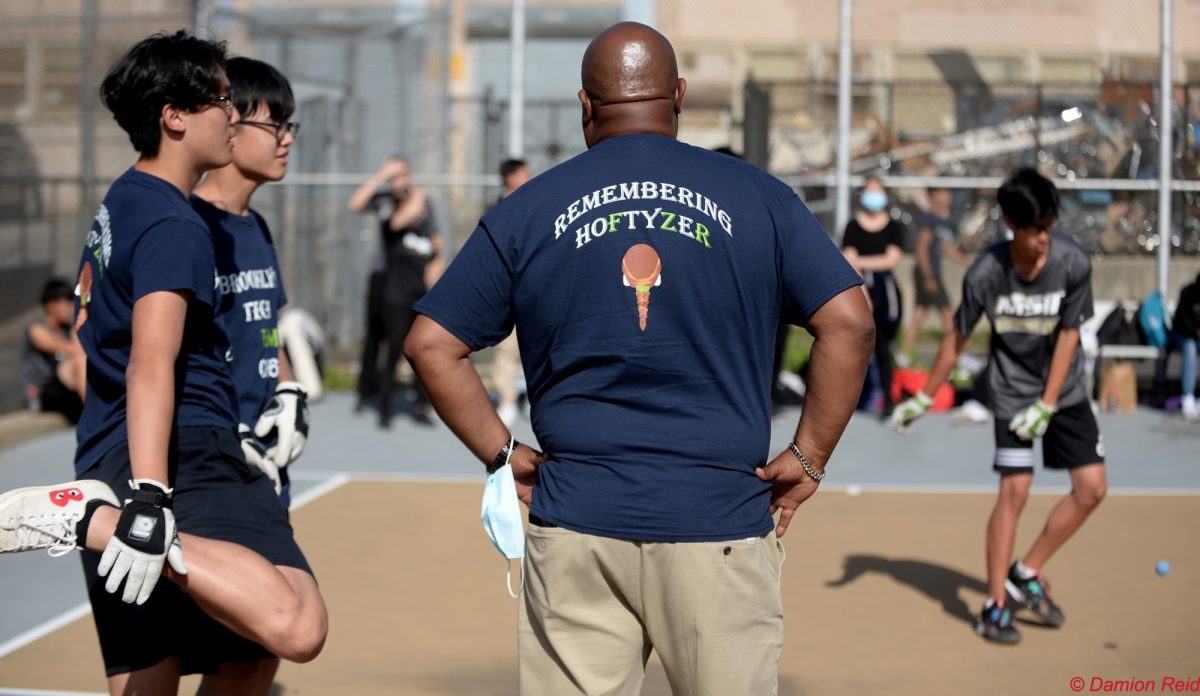
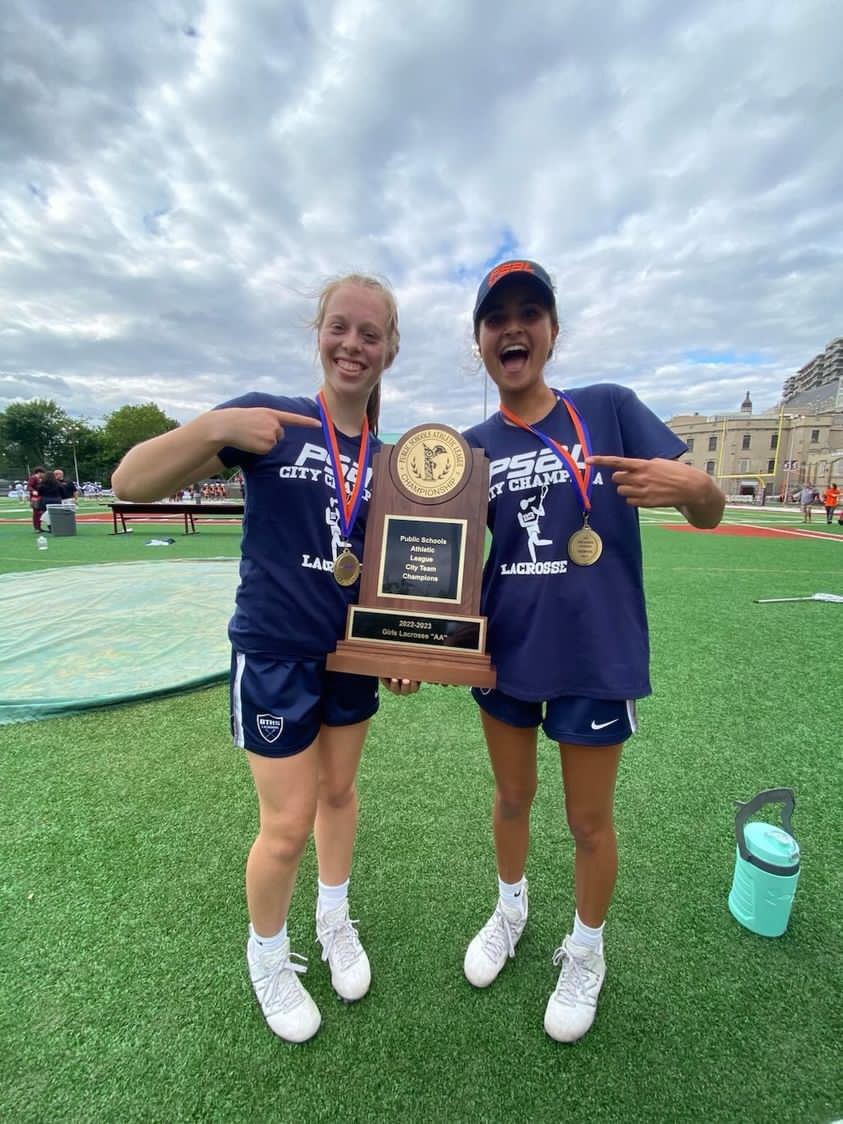
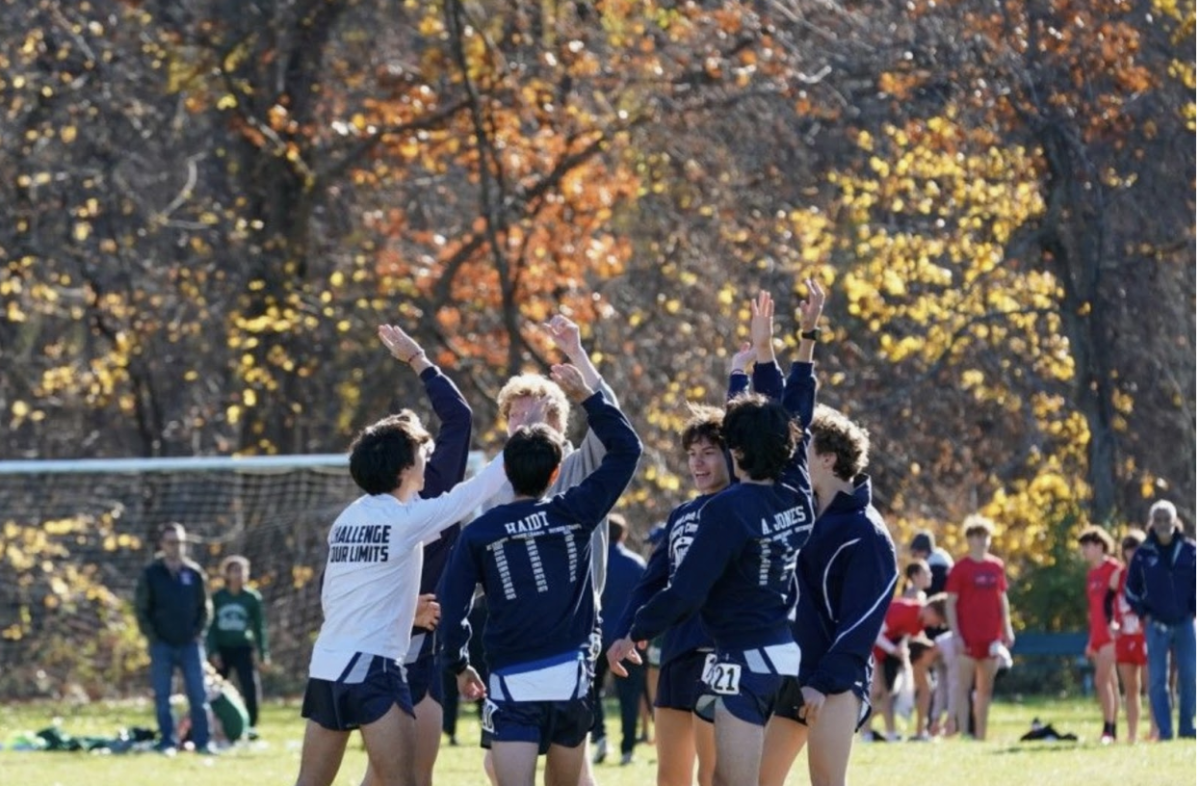
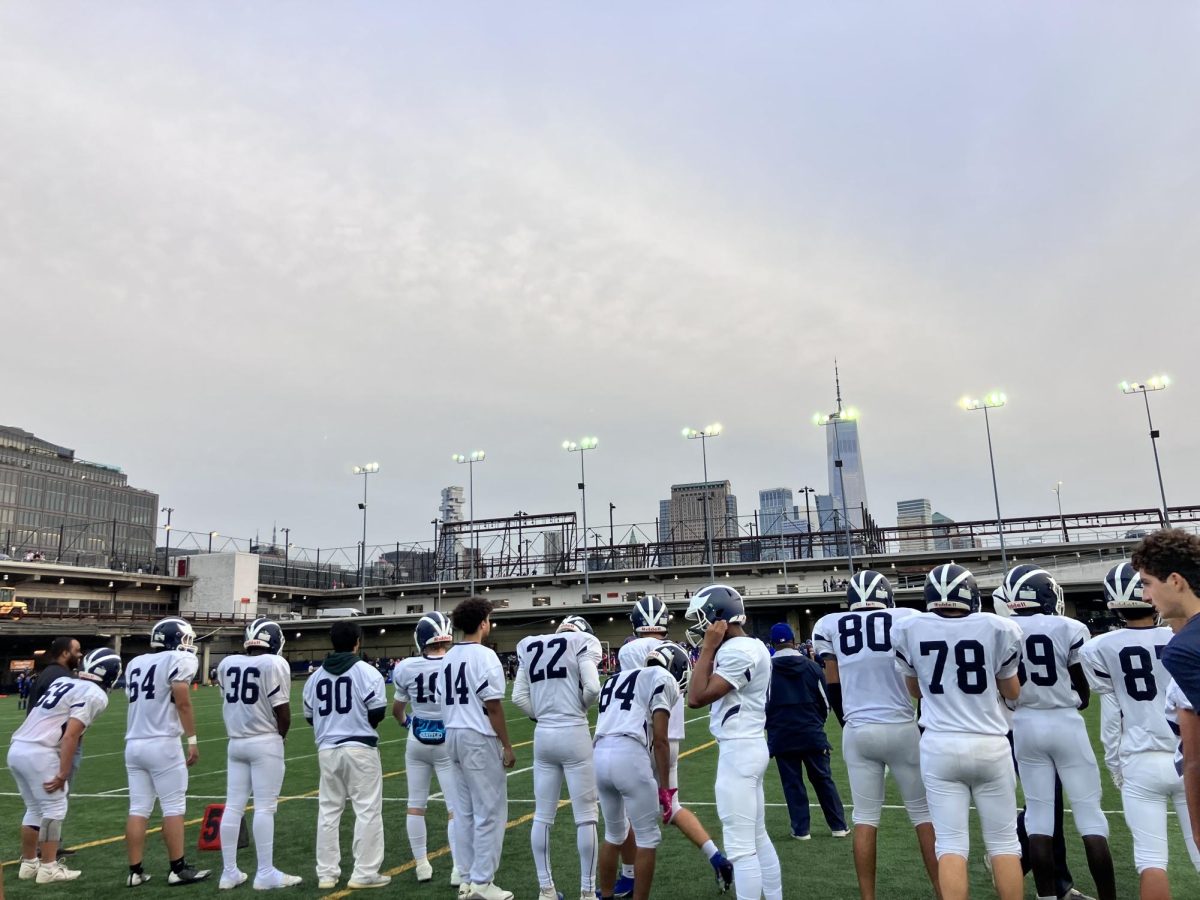
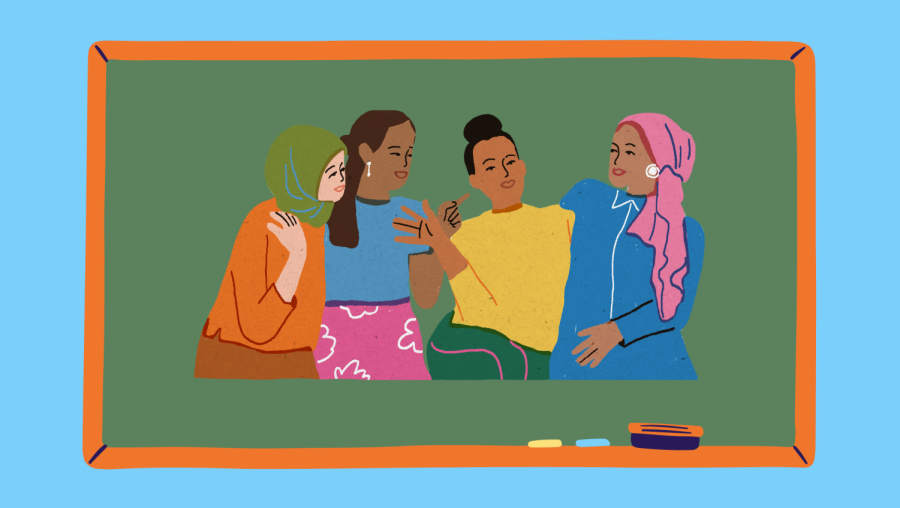
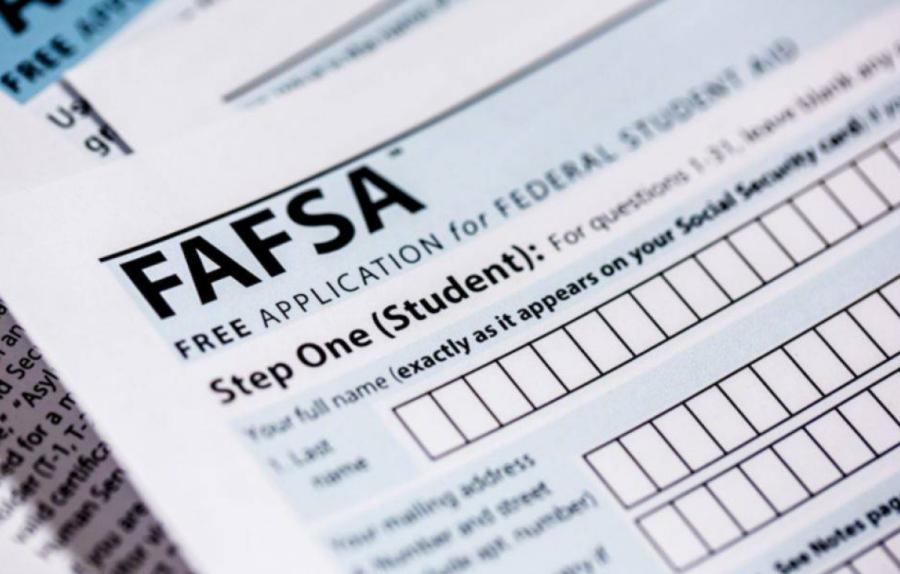
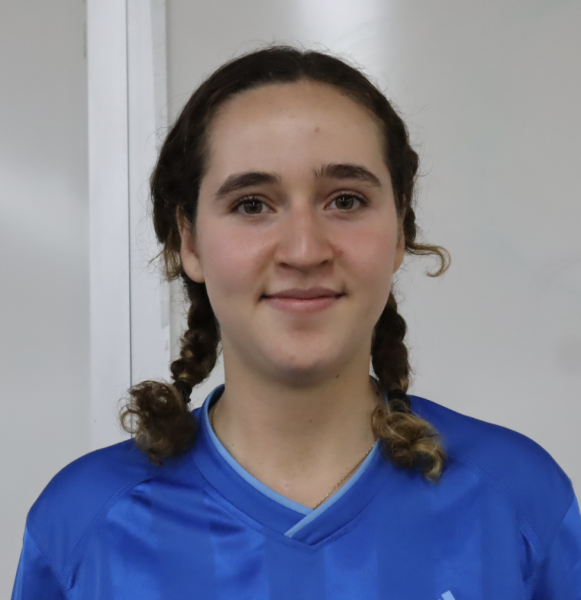
Alex Arkhipenko • Dec 7, 2023 at 9:36 am
GREAT ARTICLE FRANKA! 10/10